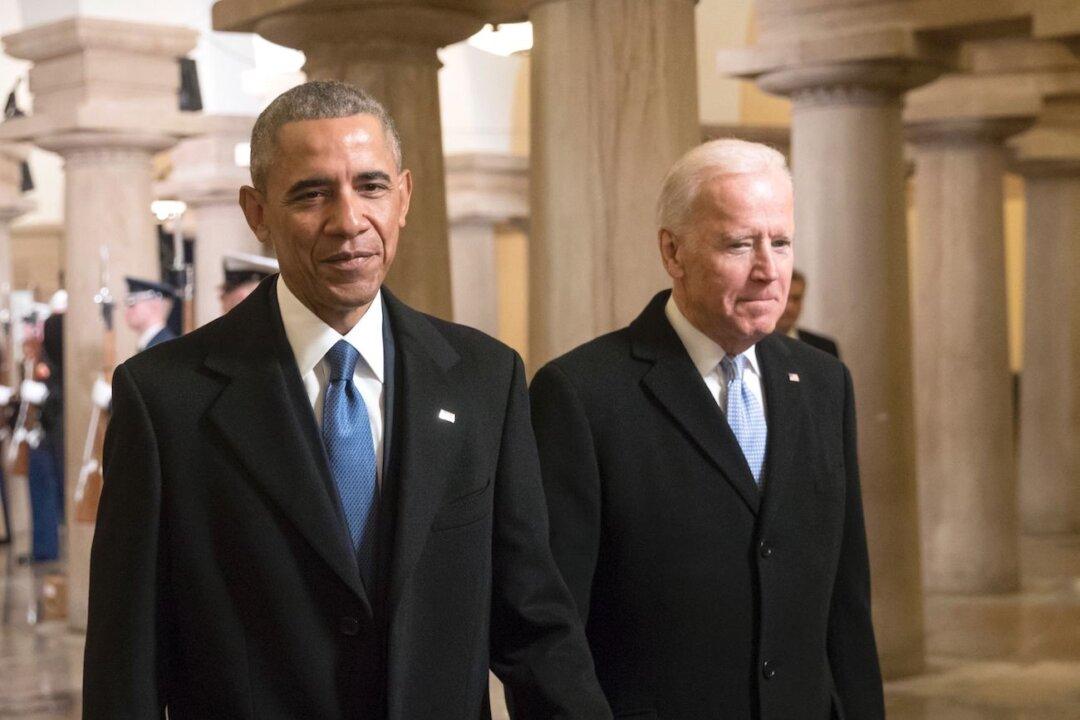Commentary
For a week now, the world has watched a high-stakes, emotionally draining, and dangerous game being played out in Gaza. What began as a mediated four-day “truce” and swap of 50 Israeli civilians held hostage by Hamas in exchange for 150 convicted Palestinian-Arab terrorists has now been dragged out much further. Hamas, unusually self-aware for a jihadist outfit, has savvily dangled the possibility of the release of ever-more hostages in exchange for further “truce” extensions. Israel, which so greatly values human life that it once infamously bartered over 1,000 terrorists in exchange for captured soldier Gilad Shalit, is all but forced to go along.





